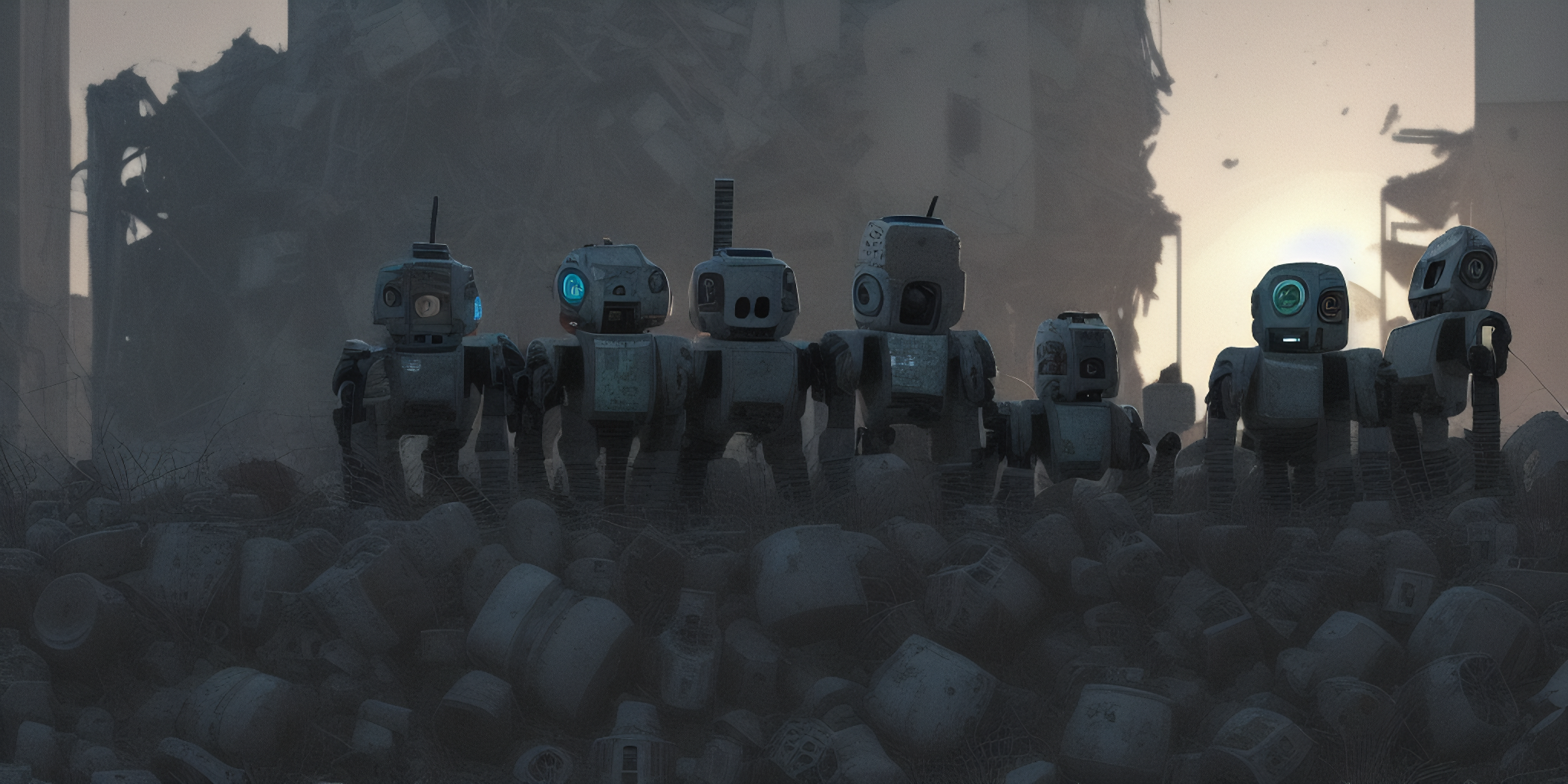Is OpenAI Going Bankrupt?!
Is OpenAI is going to disappear as fast as it emerged and bring all these Generative AI advancements down with it? Not likely.

You may have seen the reports this week about the skyrocketing costs of OpenAI's business, with at least one article that made its way into my inbox saying the makers of ChatGPT "might go bankrupt."
The reason for this is that a report came out stating that OpenAI lost $540 million in 2022 as they were building ChatGPT. Another industry expert recently estimated that ChatGPT could cost OpenAI "around $700,000 per day" to operate.
Does all this mean that OpenAI is going to disappear as fast as it emerged and bring all these Generative AI advancements down with it?
Not likely.
First of all, it's not at all uncommon in the tech world to operate at a loss in the early days — even years — particularly as a product is being built. OpenAI has received significant investments, most notably from Microsoft, which are supporting their development efforts. A company needs to make a profit eventually — ideally a big enough of a profit to pay back all those investments and then some — but it doesn't have to be immediate.
It's also not that uncommon for a company like OpenAI to raise additional funds between now and the "fume date" (the date at which they no longer have enough cash in the bank to support daily operations). And a company that is having successes in their product development and/or sales is a good candidate for such additional fundraising, even if they're not yet profitable. (Also in the news this week: after what seems like an eternity of negative returns, Uber is finally profitable!)
But more importantly, OpenAI isn't the only company building large-language models like GPT or chatbots like chatGPT. Some are even producing open-source tools that can run on much smaller infrastructure while still maintaining a high level of performance.
But even more importantly, many of the things that generative AI is really good at can also be accomplished by other tools. Most of these tools existed before ChatGPT was introduced to the world. And many of those tools are open-source and/or can be leveraged using fewer computational means. These include tools for text summarization, completion, translation, and various data analysis tasks. OpenAI may currently be the cheapest, easiest to use one-stop shop, and it may be the bet all-around tool, but it's certainly not the only game in town.
As always, when it comes to AI, you have to keep your hype detectors on. There are many people trying to make (or increase) their living by hyping up generative AI's amazing new capabilities or exaggerating its dangers and shortcomings. As usual with these things, the truth is more nuanced.
As for me, I'm neither building a business completely on OpenAI's offerings, nor am I running away for fear that they'll bring me down with them when they run out of money. It's one tool in my toolkit, and I'm constantly testing and re-evaluating the best solutions for my work. In my experience, that's usually the best course of action, especially with something so new and so surrounded by hype.
